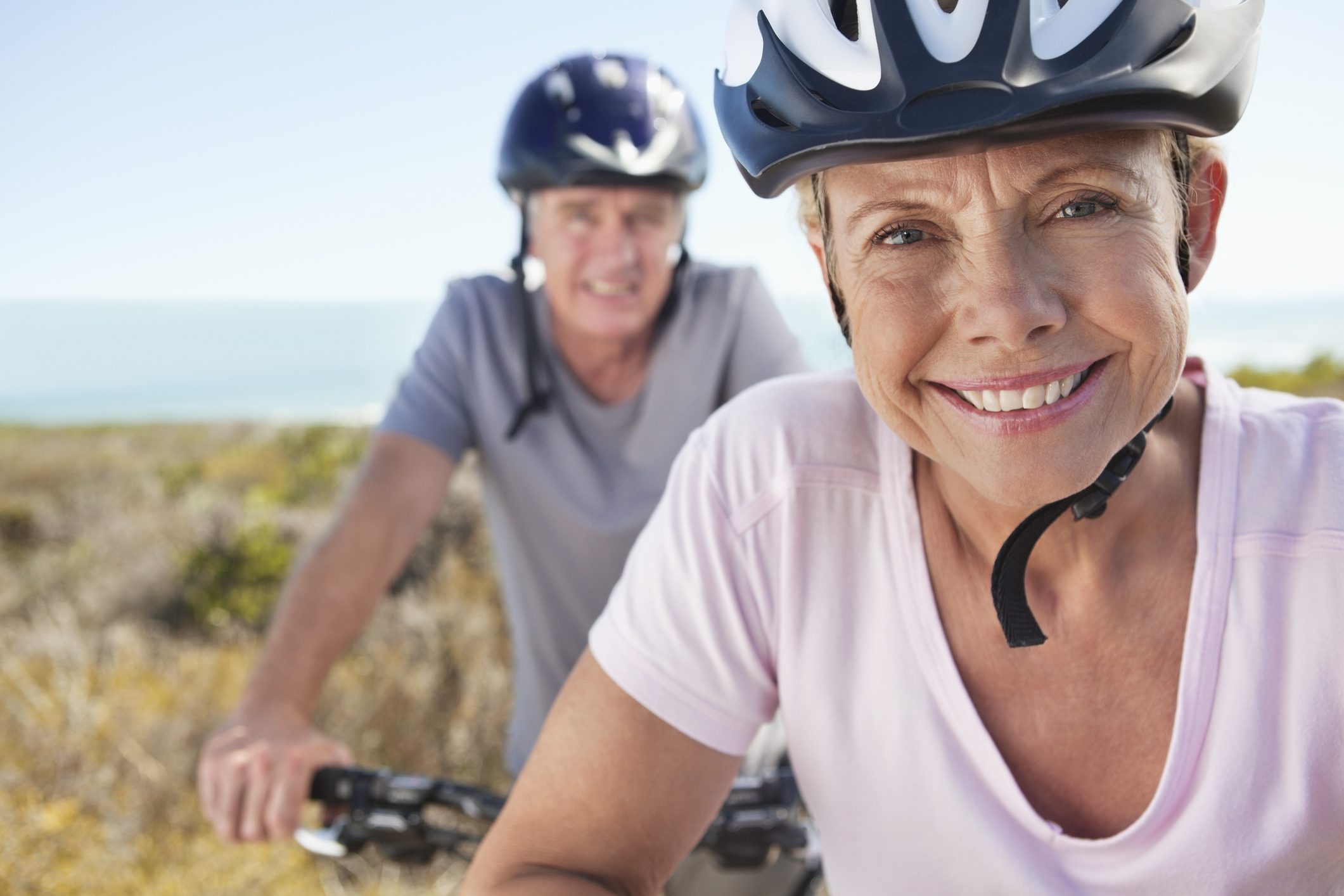Cycling keeps you young by maintaining your immune system and muscle health
We still don't understand exactly how ageing works but cycling can help keep you young

The process of ageing seems inevitable but exercise and particularly recreational cycling have proven to have benefits that far exceed good aerobic health. As reported by The New York Times, two new studies show cycling keeps the muscles and immune systems from ageing the same as they do in sedentary people.
“The message of these studies is that much of what we previously thought as inevitable in aging is in fact preventable,” said Janet Lord the co-author on the studies and director of the Institute of Inflammation and Aging at the University of Birmingham.
2014 recreational cyclists and ageing study
The conclusion that cycling can contribute to keeping your immune system and muscles young, seemingly defying our understanding of the ageing process, comes from a pair of studies that sought to further explore the health benefits of exercise as we age. The researchers we following up on a study conducted in 2014 which had some conclusions that helped reshape the way we understand ageing happens.
In 2014, researchers recruited a group of recreational cyclists between the ages of 55 and 79 who rode over 600 km a month to compare against people of similar ages and adults much younger.
That study when published in 2014 showed that the older recreational cyclists had reflexes, memories, balance and metabolic profiles that more resembled the young adults than their sedentary peers.
Muscles and immune system hold up better with age when you exercise
Following up on those findings, British researchers wanted to further understand whether the ageing process was affecting the cyclists’ muscles and immune systems. Published in Aging Cell, one study focused on muscle tissue while the other looked at T cells and the thymus gland which are important parts of the immune system responsible for fighting infections.
The first group of researchers looked at muscle tissue suspecting that if muscle in the leg of a rider in their 70s resembled that of a rider in their 50s, the level of activity would have been responsible for slowing the expected muscular decline. The second group of researchers studied the same set of riders immune systems and also drew blood from a group of sedentary older people and another group of healthy young adults for comparison.
What the researchers studying the muscle tissue found was that riders “muscles generally retained their size, fibre composition and other markers of good health across the decades, with those who covered the most milage each month displaying the healthiest muscles, whatever their age,” the New York Times reported.
The study of the immune system of the riders showed similarly interesting results with older cyclists having thymus glands that were producing nearly the same amount of T cells as younger adults. Their sedentary older peers were found to be producing low levels of T cells while the thymus gland deteriorated more rapidly. The cyclists overall immune and thymus health were much stronger though still were found to slowly deteriorate.
The two studies confirmed different systems in the bodies of older cyclists bodies were ageing differently to sedentery people of similar ages leading the researchers to theorize that muscle health and production of the hormones that keep the immune system functioning at a high level are interrelated.
“So more muscle means more of that hormone,” said the studies co-author Lord. While only a reported 10 per cent of the population 65 and older regularly exercise, what the studies conclude is that the benefits of exercise and particularly cycling can have very beneficial effects on overall immune and muscle health.
